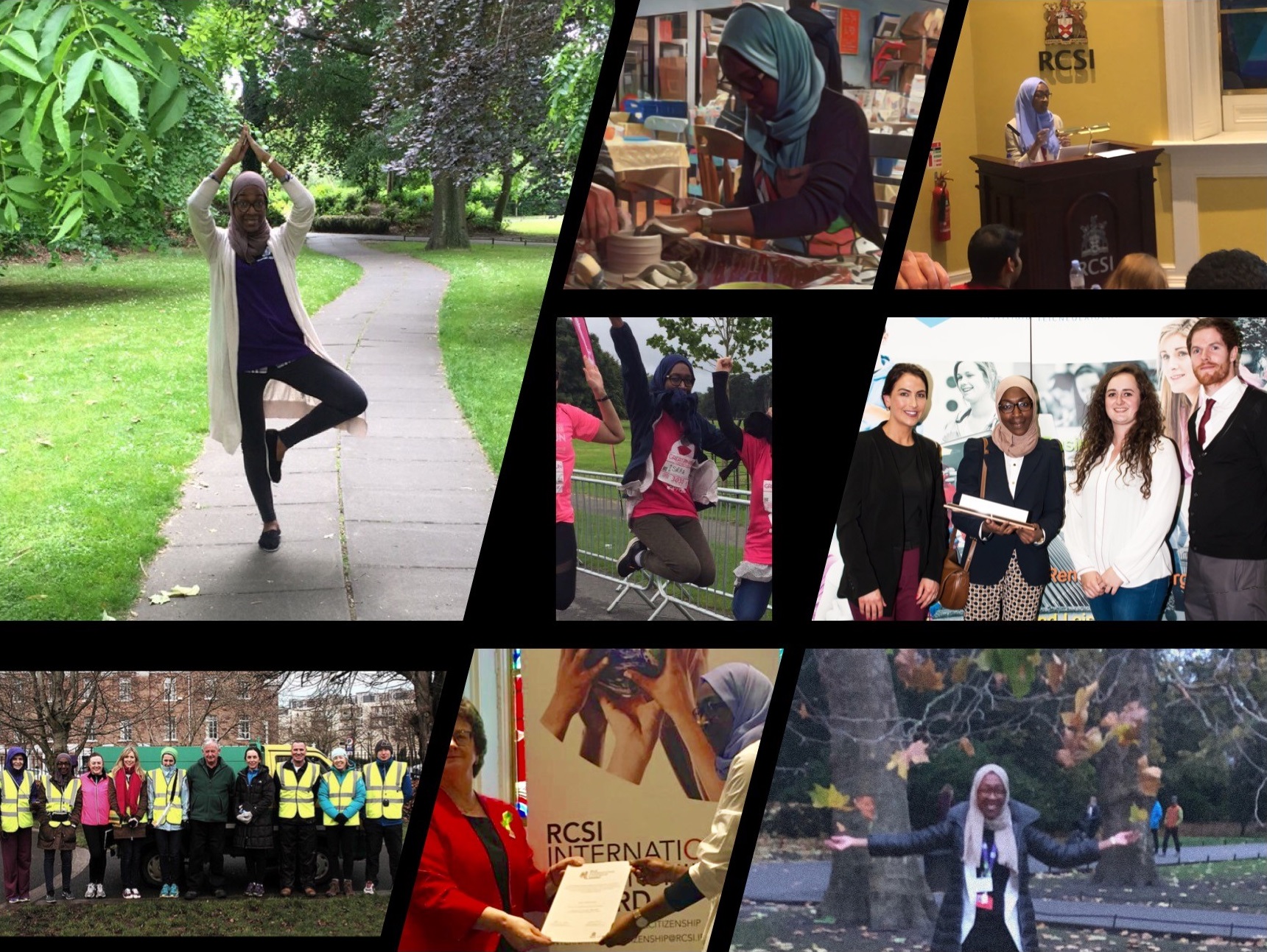Saudi Arabian Student Ambassador Israa Alzarmah has some brilliant tips for any student wanting to improve their chances of work after college

General tips
• Be proactive
• Some opportunities come to us, but there are plenty of great opportunities that we have to seek!
• Do not be afraid to accept offers that may not sound perfect. With time, you will build skills and learn from experience. This will help you know yourself better. Then, you can start targeting opportunities.
• Expect rejections. It is ok, and it can happen to anyone no matter how great they are.
• In your CV, include everything you do no matter how silly or small it may sound. Keep a copy of “everything CV” and then adjust your CV and include relevant details based on what you are applying for.
• If you have friends with similar interests, you can help each other in finding opportunities.
• If your college has a mentoring program, make sure you join it as you will be guided by experts depending on your career goals.
• Check if your college has career development services as theses can be valuable resources.
• Create an Excel sheet with all programmes you wish to apply for, all deadlines and whether you meet the eligibility criteria.
• You will be impressed by how much your communication, teamwork, time management and problem-solving skills improve if you engage effectively. You may have a chance to travel, explore the neighborhood and learn about cultures. You will expand your network and meet people with similar interests.
Pre-clinical years
Summer research
Research can be conducted at your home college. For example, RCSI has a research summer school offering great projects in various disciplines. You can also do research internationally depending on your current college year and previous research experience.
In my opinion, starting with a research project in your college is a great option that can open the gate for more opportunities. Research can help you build strong contacts at an early stage. Aim to present your research and publish it whenever possible.
Research during the year
Show interest to principal examiners at your college, and see if it is possible to do research in your college during the academic year if your timetable allows. However, remember that your academic course is a priority.
Shadowing/Observership
Contact doctors who might be interested and explain how the shadowing experience will benefit you. While some have restrictions, many are very nice and flexible. Shadowing gives you an overview of the specialty and will motivate you, but it will also help you make sense of theoretical knowledge.
Volunteering
To find volunteering opportunities, I mainly use Volunteer Ireland, which is a great initiative that connects volunteers to recruiters. What I like about it is that it offers both long-term and once-off volunteering opportunities based in areas of interest.
There are other volunteering opportunities advertised on the college newsletter, so watch out for those too. Volunteering can also be done internationally.
Extracurricular activities
Getting involved in clubs and societies at college can develop your leadership, communication and time-management skills. For instance, being a secretary for a society in my college helped me improve my time-management and typing skills.
Extracurricular activities can also help you build friendships, make your college experience joyful and force you to take valuable breaks that minimise ‘burnout’.
Courses
These can be in support of your academic work or for personal development and particular skills enhancement.

Clinical years
Clinical electives
Depending on where you would like to continue your studies, you may have to do electives in a certain place. Seek out clinical elective opportunities available in your college. Find out if your college has collaborative agreements and use your contacts. You can also do clinical electives in developing countries.
Tutor/mentor for junior students
Being a tutor can provide mutual benefits. You get to revise the materials covered in the early years of medical school and explain them to other students in a way that helps them understand and helps you retain the information for a longer time.
Finally . . .
Remember to have fun! In my opinion, there is no point in doing an activity just to list it in your CV. Think of extracurricular activities as opportunities to build yourself and know yourself better.
Make time for your hobbies! I recommend having a five-year plan that includes what you wish to do each summer and a Plan B. Doing so saved me and allowed me to achieve more than I expected. It is not easy, but it will be worth it.

